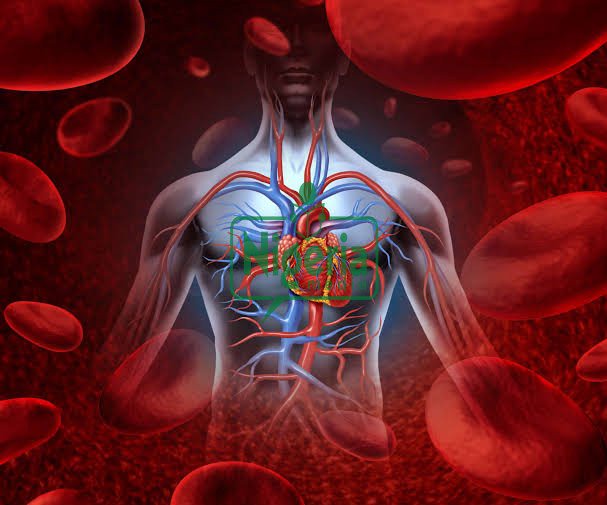
Poor blood circulation can lead to a range of uncomfortable and potentially serious health issues. Recognizing the signs early is crucial for preventing complications and maintaining overall well-being. Here are some key indicators of poor blood circulation that should be taken seriously:…..CONTINUE READING THE FULL ARTICLES HERE
Numbness and Tingling:
Frequent numbness or tingling sensations, particularly in the extremities like hands and feet, can be a sign of reduced blood flow.
This occurs because nerves are deprived of the oxygen and nutrients they need to function properly.
Cold Hands and Feet:
Consistently cold hands and feet, even in warm environments, indicate that blood isn’t reaching these areas effectively.
This is often one of the earliest and most noticeable signs of poor circulation.
Swelling (Edema):
Swelling in the legs, ankles, or feet can be a result of fluid buildup due to poor circulation.
The heart struggles to pump blood efficiently, causing fluid to leak into surrounding tissues.
Muscle Cramps and Pain:
Painful muscle cramps, especially during physical activity, can occur when muscles aren’t receiving enough oxygen-rich blood.
This pain may subside with rest but return with exertion.
Changes in Skin Color and Texture:
Skin that appears pale, bluish, or mottled can indicate reduced blood flow.
The skin may also become dry, cracked, or thin due to inadequate nutrient delivery.
Slow Healing of Wounds:
Cuts, scrapes, and bruises that take longer than usual to heal can be a sign of poor circulation.
Blood flow is essential for delivering the necessary nutrients and immune cells for wound repair.
Fatigue and Weakness:
General fatigue and weakness can occur when organs and tissues aren’t receiving enough oxygen and nutrients.
Reduced blood flow can lead to a feeling of sluggishness and decreased energy levels.
Varicose Veins:
Varicose veins, which are enlarged and twisted veins, can be a sign of poor circulation in the legs.
They occur when valves in the veins weaken, causing blood to pool.
Chest Pain (Angina):
In severe cases, poor circulation can lead to chest pain, particularly during physical activity.
This occurs when the heart muscle isn’t receiving enough oxygen-rich blood.
Cognitive Impairment:
Reduced blood flow to the brain can lead to cognitive issues, such as memory problems, difficulty concentrating, and dizziness.
If you experience any of these signs, it’s crucial to consult a healthcare professional. Early diagnosis and treatment can help improve circulation and prevent serious complications....CONTINUE FULL READING>>>
